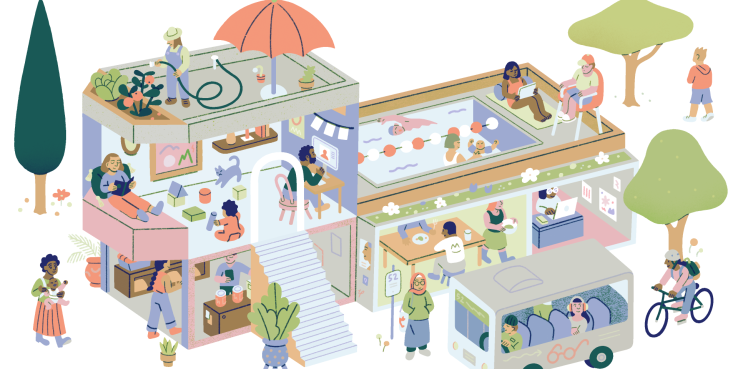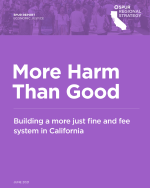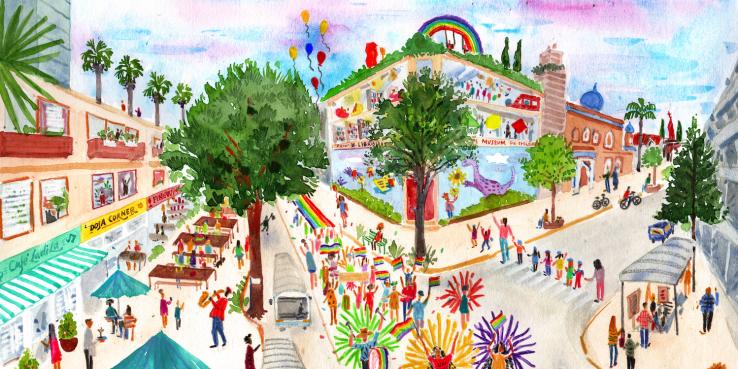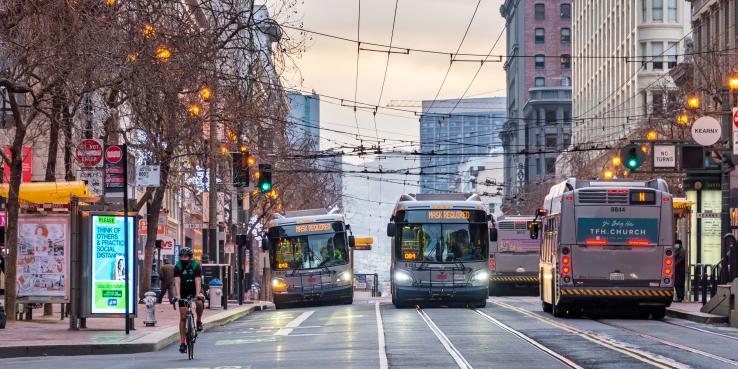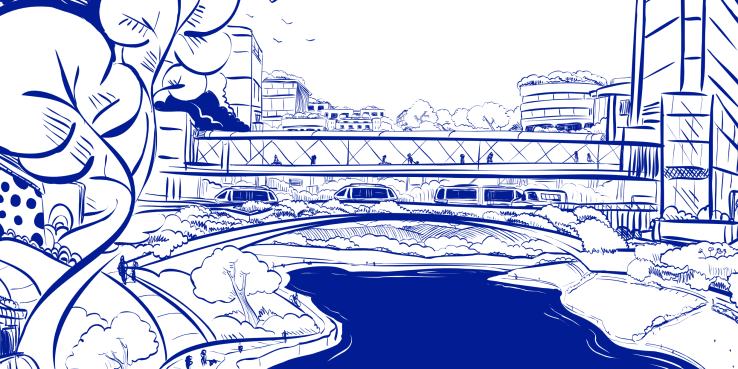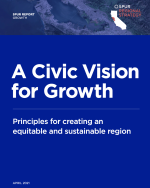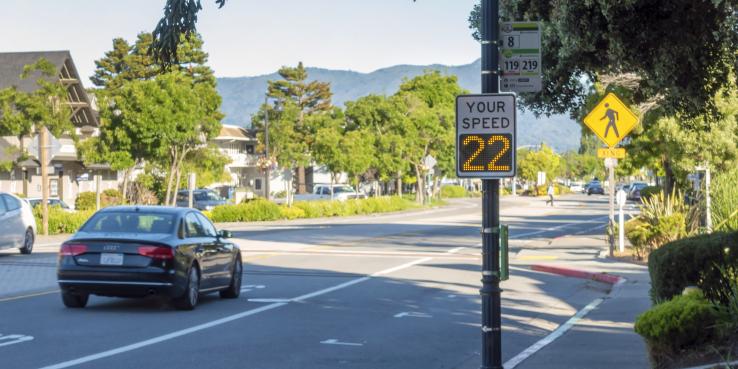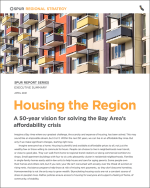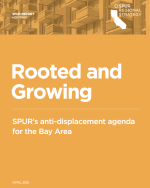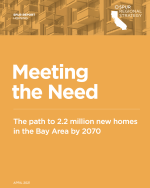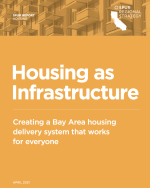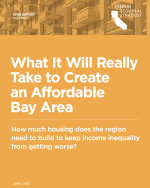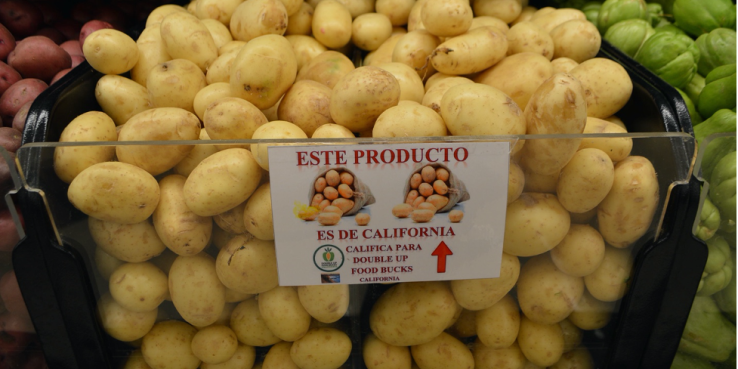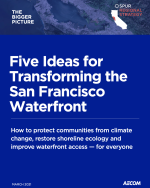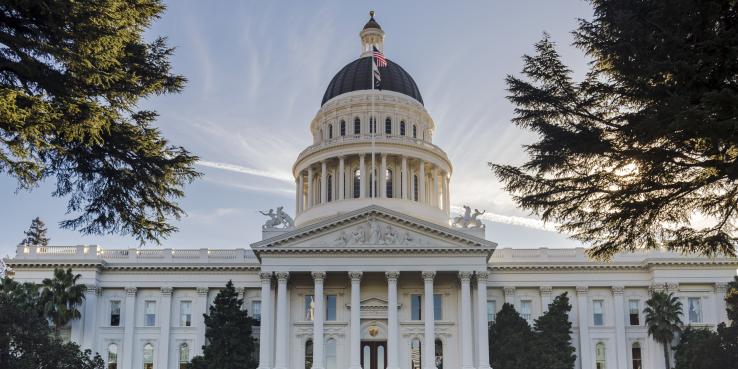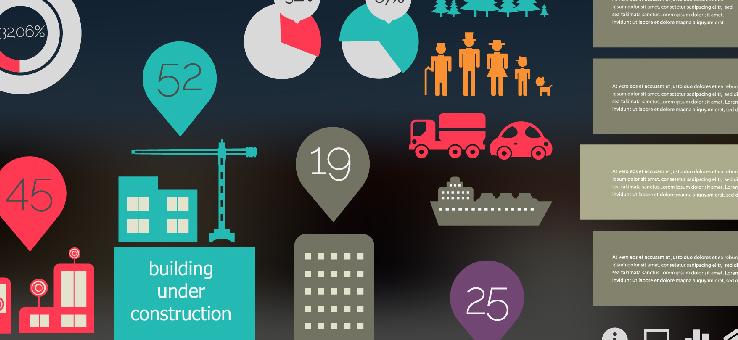
The Bay Area Needs a Holistic Vision for Equity, Sustainability and Progress
News / With the pandemic lifting and California re-opening, now is the time to commit to overcoming long-standing challenges made worse over the past year. If we really want to make progress on homelessness, traffic the climate crisis and more, we need a bold vision, a long-term strategy and solutions of a similar scale to the problems themselves. It’s time to start building the thriving, equitable Bay Area of 2070.
More Harm Than Good
SPUR Report / California’s system of fines and fees is causing significant financial harm to low-income, Black, and Latinx communities in the San Francisco Bay Area — which runs counter to the region’s commitment to an equitable economic recovery. To address these challenges, California should eliminate its reliance on punitive fees and introduce more effective ways to promote behavior that supports safety and the greater social good.
Greetings From 2070. The Bay Area Is Thriving. Here’s How We Staved Off Dystopia
News / Remember the summer of 2021? Everyone was thrilled that COVID was largely contained and that California was reopening. But that sense of relief didn’t last long. Housing was too expensive. More people were falling into homelessness. Drought was everywhere. But that was then. By 2070, we turned a region on the precipice of dystopia into a sustainable, affordable and equitable place to live. Here's how we did it.
Six Ways We Can Create an Integrated Transit Network, Together
News / One of the barriers to restoring Bay Area transit ridership after the pandemic is the fragmented nature of our public transit system, which can discourage people from riding. To stimulate recovery of both the transit system and the economy, policymakers are now pushing for changes that will welcome riders back and make regional transit work for more people. To make the most of these opportunities, SPUR believes six principles should guide this work.
Regional Challenges Need a Regional Approach
News / SPUR’s recently released Regional Strategy outlines a vision for the Bay Area of 2070 as an equitable, sustainable and prosperous region. The strategy provides a roadmap for building that future and centers deep regional cooperation as critical to transformational change. To celebrate the release of the project, four Bay Area civic leaders gathered on May 13 to talk about the role of regionalism in advancing a future where everyone thrives.
From Transit to Tipoff: Solving the Transportation Challenges of Large Venues
News / Large venues like convention centers, stadiums and sports arenas play an important role in the social and economic life of cities. As public spaces, they bring people together to be inspired, celebrate victory (or commiserate loss) and share passions. At the same time, they are critical economic drivers, contributing to a city’s tax base and bolstering the sales of nearby businesses. However, over the last decade there's been a shift in thinking about how these centers can be better integrated into their communities as mixed-use destinations that focus on placemaking and people.
A Civic Vision for Growth
SPUR Report / The Bay Area is a place of incredible possibility, but it faces threats from some of the highest housing costs in the country, growing income inequality, long commutes between jobs and affordable homes, and increasing danger from climate change. If we continue with business as usual, the region can expect these challenges to continue to escalate. But what if the people of the Bay Area chose a different future?
Can Automated Speed Safety Systems Advance Racial and Economic Equity?
News / Automated speed safety systems are in place in more than 150 communities around the United States. Such systems offer the potential to reduce traffic violence and establish a more equitable framework of traffic enforcement. But those outcomes are not guaranteed. Achieving them requires thoughtful planning and design, an opportunity that California now has as legislators consider Assembly Bill 550, which would authorize a 5-year speed safety camera pilot program in six California cities.
Coming Soon: The SPUR Regional Strategy
News / Three years ago, SPUR undertook an initiative to envision a more equitable, sustainable and prosperous Bay Area for all and propose the bold strategies needed to get there. On May 13, we will release the completed SPUR Regional Strategy, providing a clear vision for the region’s next 50 years.
Welcome New SPUR Board Members
News / SPUR has welcomed 13 new members to its board of directors. These new appointees bring extensive knowledge in planning, housing, transportation, economic justice, good government, food and agriculture, sustainability and resilience to the organization’s leadership. We look forward to their advisership as we continue our work to make the Bay Area a place where everyone can thrive.
Housing the Region
SPUR Report / Imagine a Bay Area where our greatest challenge, the scarcity and expense of housing, has been solved. This may sound like an impossible dream, but it isn’t. Within the next 50 years, we can live in an affordable region. But only if we make significant changes, starting right now. SPUR's series Housing the Region defines the Bay Area's housing crisis and put forth concrete steps to build a better, more affordable region.
Rooted and Growing
SPUR Report / The Bay Area's severe housing shortage has sent prices through the roof, pushing many long-standing residents to move to the edge of the region or leave it altogether. This has changed the demographics of the region, contributing to patterns of resegregation by both race and income. What can the Bay Area do to make sure it retains its people, its communities and its culture?
Meeting the Need
SPUR Report / In order to meet the region’s future housing needs, the San Francisco Bay Area will need to produce 2.2 million homes over the next 50 years across all income levels. Where should all of this housing go? And what policies are needed to ensure it can be built? To answer these questions, SPUR has developed a “New Civic Vision” for the Bay Area that balances two core goals: environmental sustainability and equity.
Housing as Infrastructure
SPUR Report / In the United States, housing is viewed as a financial asset — something to be bought, rented and sold. In other countries, housing is a human right, necessary for the health and well-being of every person. In these places, housing is affordable to a broad swath of the population, and homelessness is less prevalent. If we began to treat housing as infrastructure, what might the results look like in the Bay Area?
What It Will Really Take to Create an Affordable Bay Area
Research / The high cost of housing has come to define the San Francisco Bay Area. It dictates who gets to live here, which in turn dictates who gets to participate in the region’s economy and political process. This report, the first in a series, looks at why housing prices have escalated so dramatically, what the impacts of those escalating costs have been on residents and who has borne the brunt of those impacts.
Managing Wildfire Risk and New Development
News / California has experienced unprecedented wildfire damage in the last several years as climate change has increased temperatures and dried out land and vegetation. The seven largest wildfires in recorded California history have all taken place in the last four years. As a state, we need to develop tools to help us combat wildfire risk in order to save lives, homes and communities.
Double Up Food Bucks Stood Tall in 2020
News / SPUR's healthy food incentive program reflected the difficulties that thousands in the Bay Area faced in making ends meet during the pandemic. Double Up Food Bucks addressed the soaring demand for food assistance throughout the pandemic, and, alongside efforts by the federal government, non-profit civic engineers, and the state government, supported low-income Californians by increasing their food budgets at participating stores in Santa Clara and Alameda counties.
Remembering Al Baum
News / Former SPUR Board Member, attorney, urban planner, clinical social worker, and philanthropist, Alvin H. Baum, died March 28, 2021 at age 90. Al was a trusted advisor, an intellectual stimulus, a model public citizen and most importantly a caring friend.
The Bigger Picture: Five Ideas for Transforming the San Francisco Waterfront
SPUR Report / SPUR’s Bigger Picture series proposes ideas for key locations in San Francisco, San José and Oakland. Each exploration represents an opportunity to tackle major regional challenges through local planning processes. Our second report in the series looks at San Francisco’s waterfront, where climate-protection plans are providing an opportunity to restore the natural ecology and improve access to the waterfront — especially for historically excluded neighborhoods.
The View from Sacramento: State Legislators Share Their Priorities for the Coming Year
News / The COVID-19 pandemic upended last year’s legislative session, and now legislators are making up for lost time with an ambitious set of proposed bills. Earlier this month, Senator Scott Wiener, Assemblymember David Chiu and Assemblymember Philip Ting joined SPUR and the San Francisco Housing Action Coalition for a conversation about the prospects and priorities for the coming legislative session.
